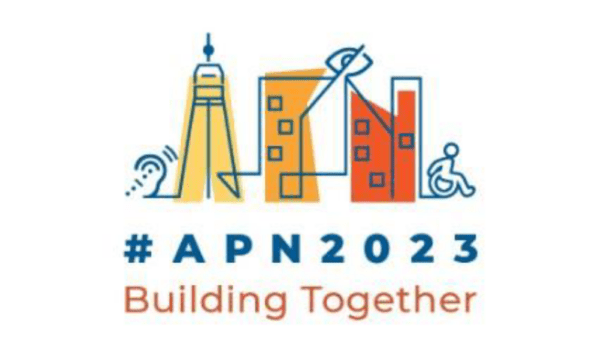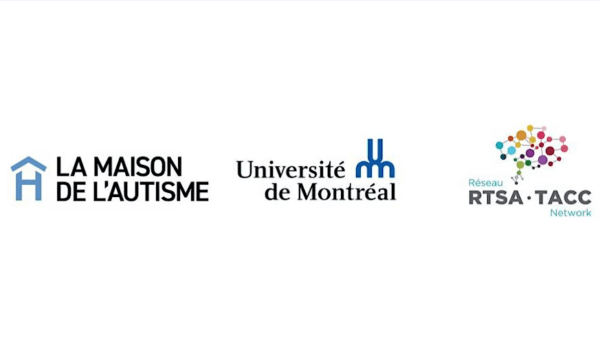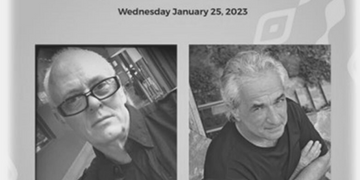Local Code – 3,659 Proposals about Data, Design and the Nature of Cities with Nicholas de Monchaux
25 January 2023 9am MST (UTC -6)
Local Code by Dr. Nicholas de Monchaux is a critical and essential, data-driven analysis of the built environment. As noted by Princeton Architectural Press, “Local Code is a collection of data-driven tools and design prototypes for understanding and transforming the physical, social, and ecological resilience of cities . . . In text and image, Local Code presents a digitally prolific, open-ended approach to urban resilience and social and environmental justice; At once analytic and visionary, it pioneers a new field of enquiry and action at the meeting of big data and the expanding city.”
Nicholas de Monchaux is Professor and Head of Architecture at MIT. Until 2020 he was Professor of Architecture and Urban Design, and Craigslist Distinguished Chair in New Media at UC Berkeley, where he also served as Director of the Berkeley Center for New Media. His design work has been exhibited widely, including at the Biennial of the Americas, the Venice Architecture Biennale, The Lisbon Architecture Triennial, SFMOMA, the Yerba Buena Center for the Arts, the Storefront for Art and Architecture and the Museum of Contemporary Art in Chicago. His work has been supported by the MacDowell Colony, the Santa Fe Institute, the Smithsonian Institution, the Hellman Fund, and the Bakar Fellows Program. He is a Fellow of the American Academy in Rome.
Click here to register. (Free)
About the Global Studio: The Global Studio is a collaboration existing within the RAIC Centre for architecture at Athabasca University. It is a project occupying the intersection of dialogue and action in the realm of architecture and architectural education, working towards decolonizing our minds and shifting our relationships to the land, the materials we use, and the structures and systems we design. The project lives in an institutional setting where teachings are dominated by European Canons and a history of Canada and in a province deeply rooted in an economy of extracting fossil fuels. The Global Studio is working on these social and planetary injustices through listening to multiple perspectives and reflection, and then acting on curriculum and systemic change, but there is a long way to go.



